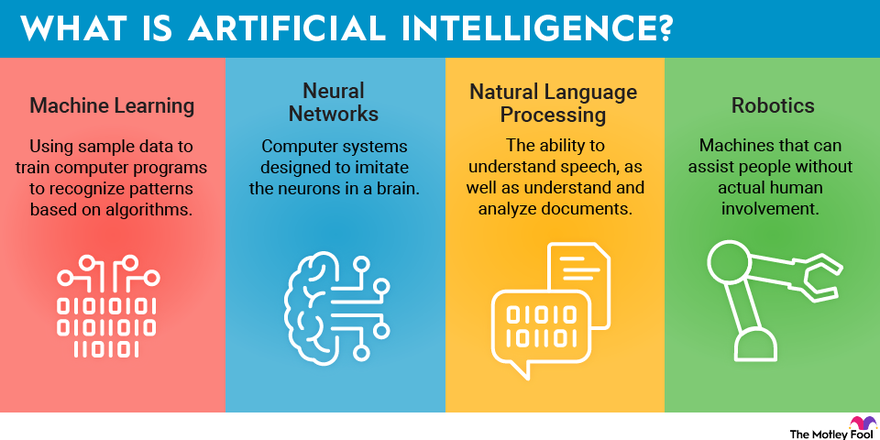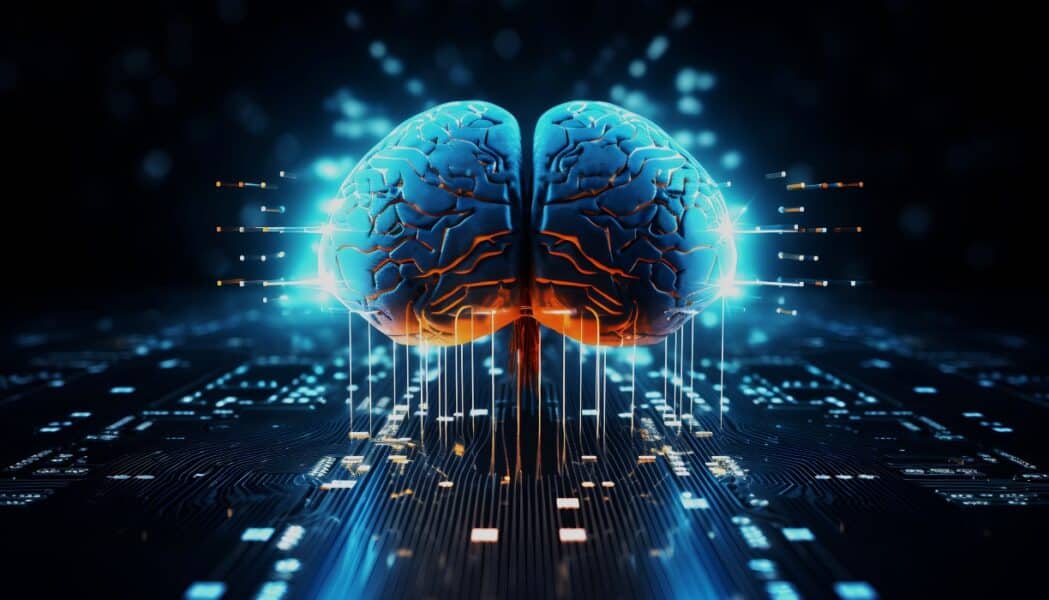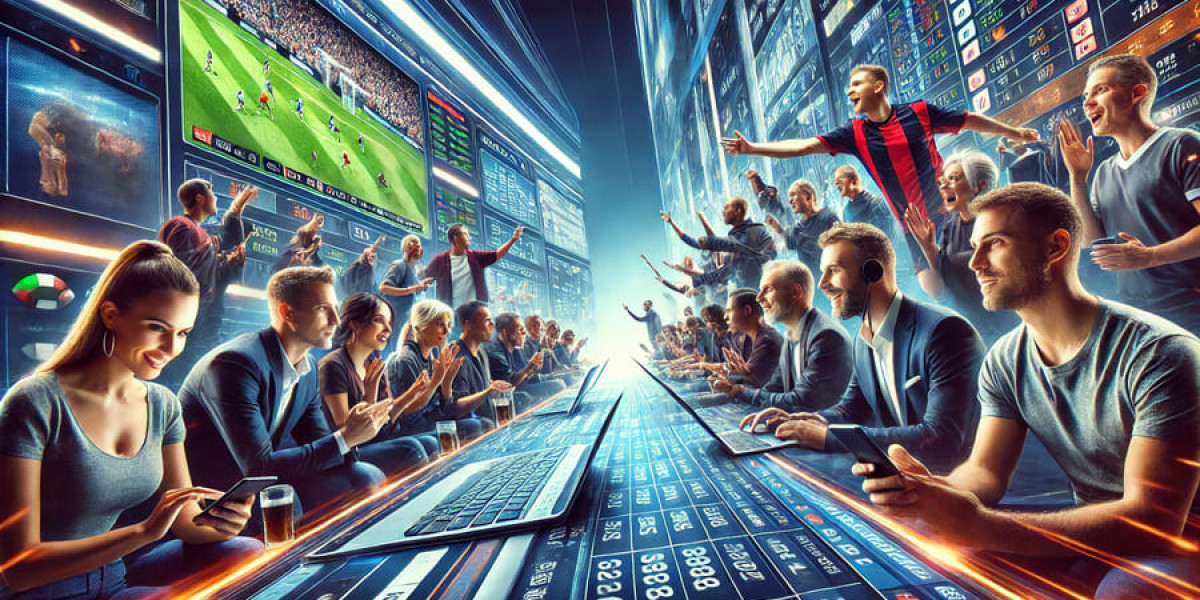
OpenAI and the White House have actually accused DeepSeek of using ChatGPT to inexpensively train its brand-new chatbot.
- Experts in tech law say OpenAI has little option under copyright and agreement law.
- OpenAI's regards to usage may apply however are largely unenforceable, they say.
This week, OpenAI and the White House accused DeepSeek of something akin to theft.
In a flurry of press statements, they said the Chinese upstart had bombarded OpenAI's chatbots with questions and hoovered up the resulting data trove to quickly and cheaply train a model that's now almost as excellent.
The Trump administration's leading AI czar stated this training process, called "distilling," totaled up to copyright theft. OpenAI, meanwhile, told Business Insider and other outlets that it's examining whether "DeepSeek may have wrongly distilled our designs."
%20Is%20Used%20In%20Biometrics.jpg)
OpenAI is not saying whether the business prepares to pursue legal action, rather guaranteeing what a representative described "aggressive, proactive countermeasures to safeguard our innovation."
But could it? Could it take legal action against DeepSeek on "you stole our content" grounds, similar to the grounds OpenAI was itself sued on in a continuous copyright claim submitted in 2023 by The New York Times and other news outlets?
BI presented this question to professionals in innovation law, who said difficult DeepSeek in the courts would be an uphill fight for OpenAI now that the content-appropriation shoe is on the other foot.
OpenAI would have a tough time showing a copyright or copyright claim, these attorneys stated.
"The question is whether ChatGPT outputs" - indicating the answers it produces in reaction to queries - "are copyrightable at all," Mason Kortz of Harvard Law School said.
That's because it's uncertain whether the answers ChatGPT spits out certify as "imagination," he stated.
"There's a teaching that says creative expression is copyrightable, but truths and concepts are not," Kortz, who teaches at Harvard's Cyberlaw Clinic, stated.
"There's a big question in copyright law right now about whether the outputs of a generative AI can ever make up innovative expression or if they are necessarily vulnerable truths," he added.
Could OpenAI roll those dice anyway and declare that its outputs are protected?
That's not likely, the legal representatives stated.
OpenAI is already on the record in The New york city Times' copyright case arguing that training AI is an allowed "fair use" exception to copyright protection.
If they do a 180 and inform DeepSeek that training is not a fair usage, "that may come back to type of bite them," Kortz stated. "DeepSeek could state, 'Hey, weren't you just saying that training is fair use?'"
There might be a difference in between the Times and DeepSeek cases, Kortz included.
"Maybe it's more transformative to turn news short articles into a model" - as the Times accuses OpenAI of doing - "than it is to turn outputs of a design into another model," as DeepSeek is said to have actually done, Kortz stated.
"But this still puts OpenAI in a pretty difficult scenario with regard to the line it's been toeing regarding fair use," he added.

A breach-of-contract suit is most likely
A breach-of-contract lawsuit is much likelier than an IP-based lawsuit, though it comes with its own set of problems, stated Anupam Chander, who teaches technology law at Georgetown University.
Related stories
The regards to service for Big Tech chatbots like those established by OpenAI and Anthropic forbid using their content as training fodder for a completing AI design.
"So possibly that's the lawsuit you may perhaps bring - a contract-based claim, not an IP-based claim," Chander stated.
"Not, 'You copied something from me,' however that you gained from my model to do something that you were not allowed to do under our contract."
There might be a hitch, Chander and linked.aub.edu.lb Kortz said. OpenAI's regards to service need that a lot of claims be dealt with through arbitration, not lawsuits. There's an exception for claims "to stop unauthorized usage or abuse of the Services or intellectual property violation or misappropriation."
There's a larger drawback, though, professionals said.
"You should understand that the dazzling scholar Mark Lemley and a coauthor argue that AI regards to usage are most likely unenforceable," Chander said. He was referring to a January 10 paper, "The Mirage of Artificial Intelligence Regards To Use Restrictions," by Stanford Law's Mark A. Lemley and Peter Henderson of Princeton University's Center for Information Technology Policy.
To date, "no model creator has actually tried to enforce these terms with monetary penalties or injunctive relief," the paper states.
"This is likely for good factor: we think that the legal enforceability of these licenses is doubtful," it includes. That remains in part due to the fact that model outputs "are largely not copyrightable" and due to the fact that laws like the Digital Millennium Copyright Act and the Computer Fraud and Abuse Act "offer restricted recourse," it states.

"I believe they are likely unenforceable," Lemley told BI of OpenAI's regards to service, "because DeepSeek didn't take anything copyrighted by OpenAI and since courts usually will not implement contracts not to compete in the absence of an IP right that would avoid that competition."
Lawsuits in between celebrations in various countries, each with its own legal and enforcement systems, are constantly difficult, Kortz stated.
Even if OpenAI cleared all the above difficulties and won a judgment from a United States court or arbitrator, "in order to get DeepSeek to turn over money or stop doing what it's doing, the enforcement would come down to the Chinese legal system," he said.

Here, OpenAI would be at the grace of another extremely complex location of law - the enforcement of foreign judgments and the balancing of private and accc.rcec.sinica.edu.tw business rights and national sovereignty - that stretches back to before the starting of the US.
"So this is, a long, complicated, laden procedure," Kortz added.
Could OpenAI have secured itself much better from a distilling attack?
"They might have used technical procedures to block repeated access to their website," Lemley said. "But doing so would likewise disrupt regular consumers."
He included: "I don't believe they could, or should, have a valid legal claim against the browsing of uncopyrightable information from a public site."
Representatives for DeepSeek did not immediately react to an ask for comment.
"We understand that groups in the PRC are actively working to utilize approaches, including what's referred to as distillation, to attempt to replicate sophisticated U.S. AI designs," Rhianna Donaldson, an OpenAI representative, informed BI in an emailed statement.





